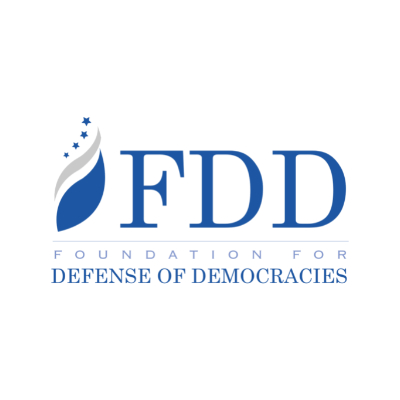FDD | Rafael Grossi Is the Last Man Standing For Nonproliferation
- Bias Rating
92% Very Conservative
- Reliability
N/AN/A
- Policy Leaning
98% Very Conservative
- Politician Portrayal
12% Negative
Continue For Free
Create your free account to see the in-depth bias analytics and more.
Continue
Continue
By creating an account, you agree to our Terms and Privacy Policy, and subscribe to email updates. Already a member: Log inBias Score Analysis
The A.I. bias rating includes policy and politician portrayal leanings based on the author’s tone found in the article using machine learning. Bias scores are on a scale of -100% to 100% with higher negative scores being more liberal and higher positive scores being more conservative, and 0% being neutral.
Sentiments
N/A
- Liberal
- Conservative
| Sentence | Sentiment | Bias |
|---|---|---|
Unlock this feature by upgrading to the Pro plan. | ||
Reliability Score Analysis
Policy Leaning Analysis
Politician Portrayal Analysis
Bias Meter
Extremely
Liberal
Very
Liberal
Moderately
Liberal
Somewhat Liberal
Center
Somewhat Conservative
Moderately
Conservative
Very
Conservative
Extremely
Conservative
-100%
Liberal
100%
Conservative

Contributing sentiments towards policy:
58% : Under the new nuclear deal, Tehran could emerge with a fortified economy and an unstoppable threshold capability to break out to nuclear weapons.52% : Iran moved cargo containers from Turquzabad and scraped the grounds before the IAEA asked for access, but the agency still detected the presence of uranium during its visit.
51% : He said Iran must "give us the necessary answers, information, access to people and places so that we can clarify the many things that are still in need for clarification."
49% : If Grossi is unsuccessful, with a new deal in place and revenue flowing in, Iran can continue unmonitored, covert nuclear weaponization or missile-delivery activities -- all while complying with the accord's monitored caps on its ability to produce fissile material for weapons.
47% : In early 2018, Israel seized a set of Iranian nuclear files detailing that Tehran had a robust nuclear weapons program up until 2003.
47% : In 2019 and 2020, the IAEA asked Iran for access to three Iranian sites, based on archive information and other evidence suggesting Iran had used or produced nuclear material there.
42% : Iran delayed access and tried to sanitize and remove evidence from the three locations, yet inspectors detected human-made uranium at all of them.
40% : Grossi must prepare for a potential showdown not just with Iran, but also with the other countries negotiating the new nuclear deal.
38% : The IAEA further said that it could not ascertain where the nuclear material once present at the site is today and found Tehran in breach of its NPT safeguards agreement for not disclosing this and other information.
35% : He reiterated on Monday that the IAEA cannot settle its inquiry until Tehran obliges.
35% : The IAEA, which learned about this location from the archive, did not request access to the site, which Iran razed in 2003 and 2004, but the agency reported in May that Iran had used the site to work on a uranium metal disc, a step in nuclear weapons development.
35% : Even if Iran provides new or additional explanations to the IAEA that are not technically credible, the board can nonetheless vote to close the investigation.
19% : In June, after Iran had initially promised to cooperate with IAEA investigators, Grossi reported that Iran failed to provide "technically credible" explanations for the presence of uranium at three sites.
*Our bias meter rating uses data science including sentiment analysis, machine learning and our proprietary algorithm for determining biases in news articles. Bias scores are on a scale of -100% to 100% with higher negative scores being more liberal and higher positive scores being more conservative, and 0% being neutral. The rating is an independent analysis and is not affiliated nor sponsored by the news source or any other organization.






















 FDD
FDD